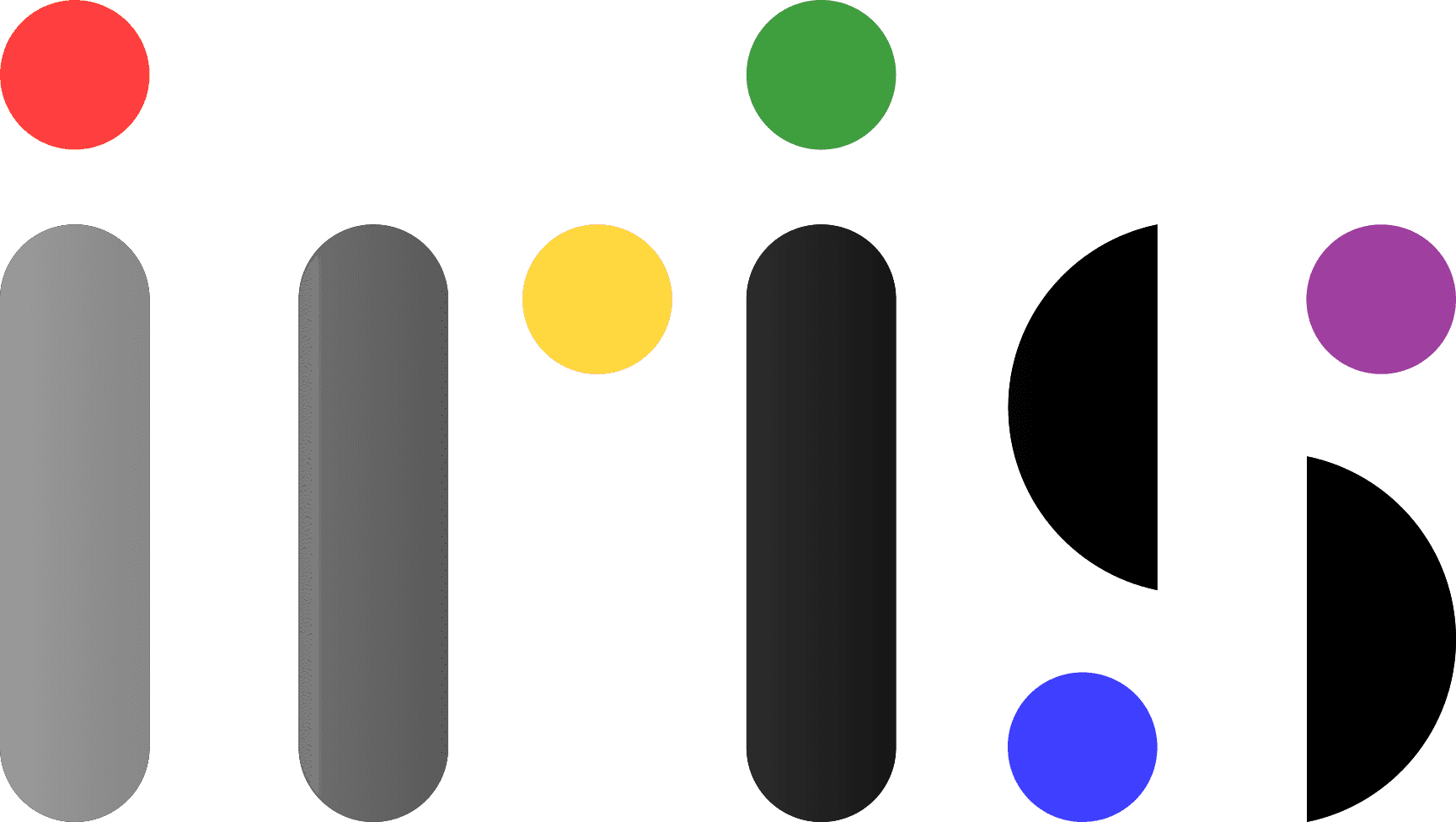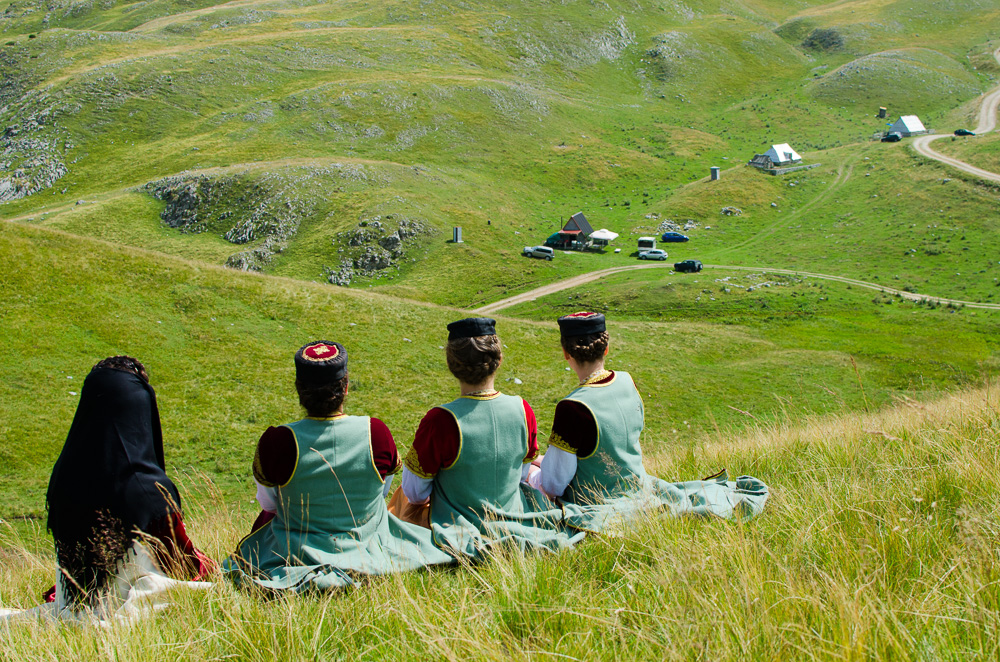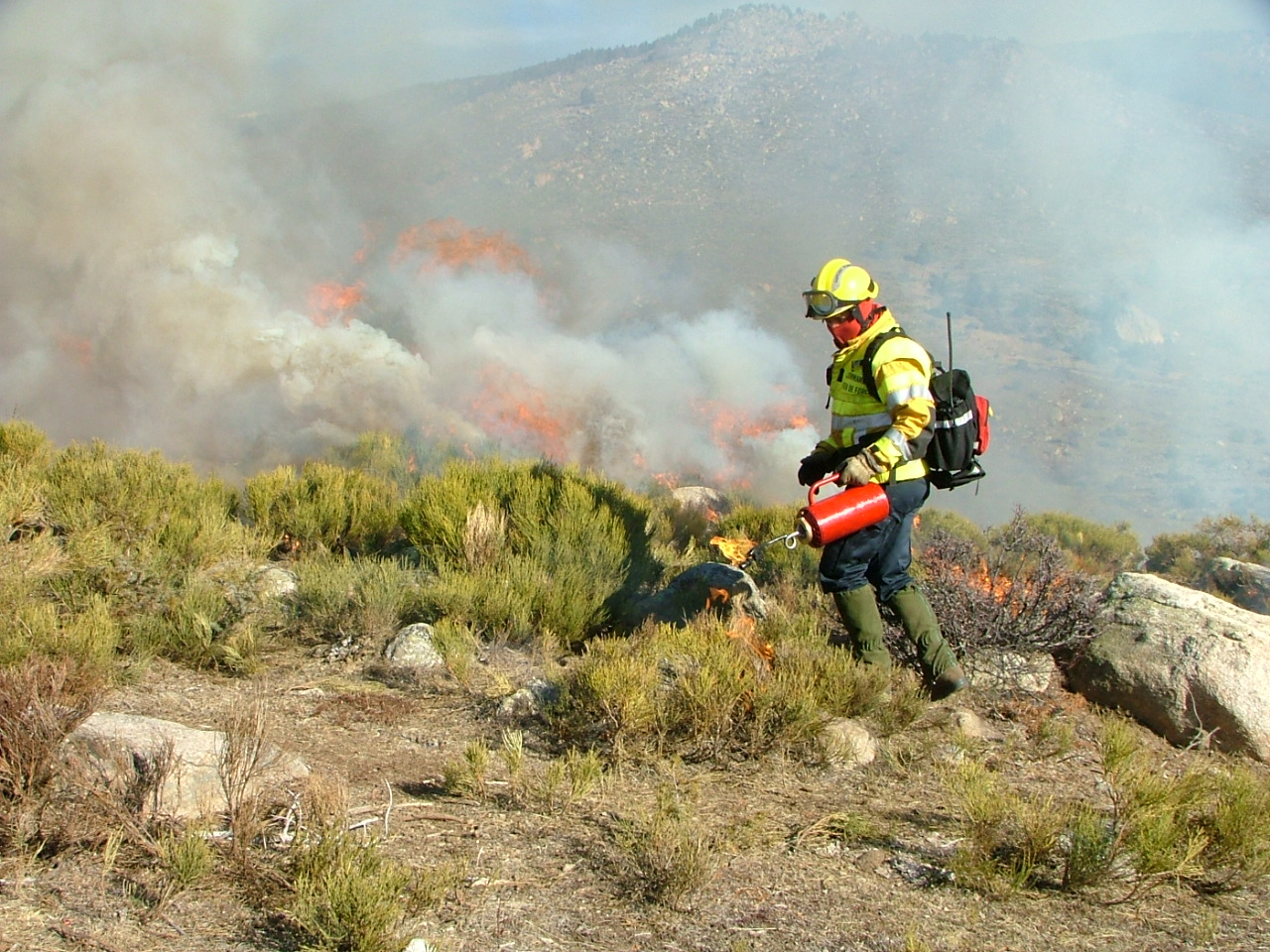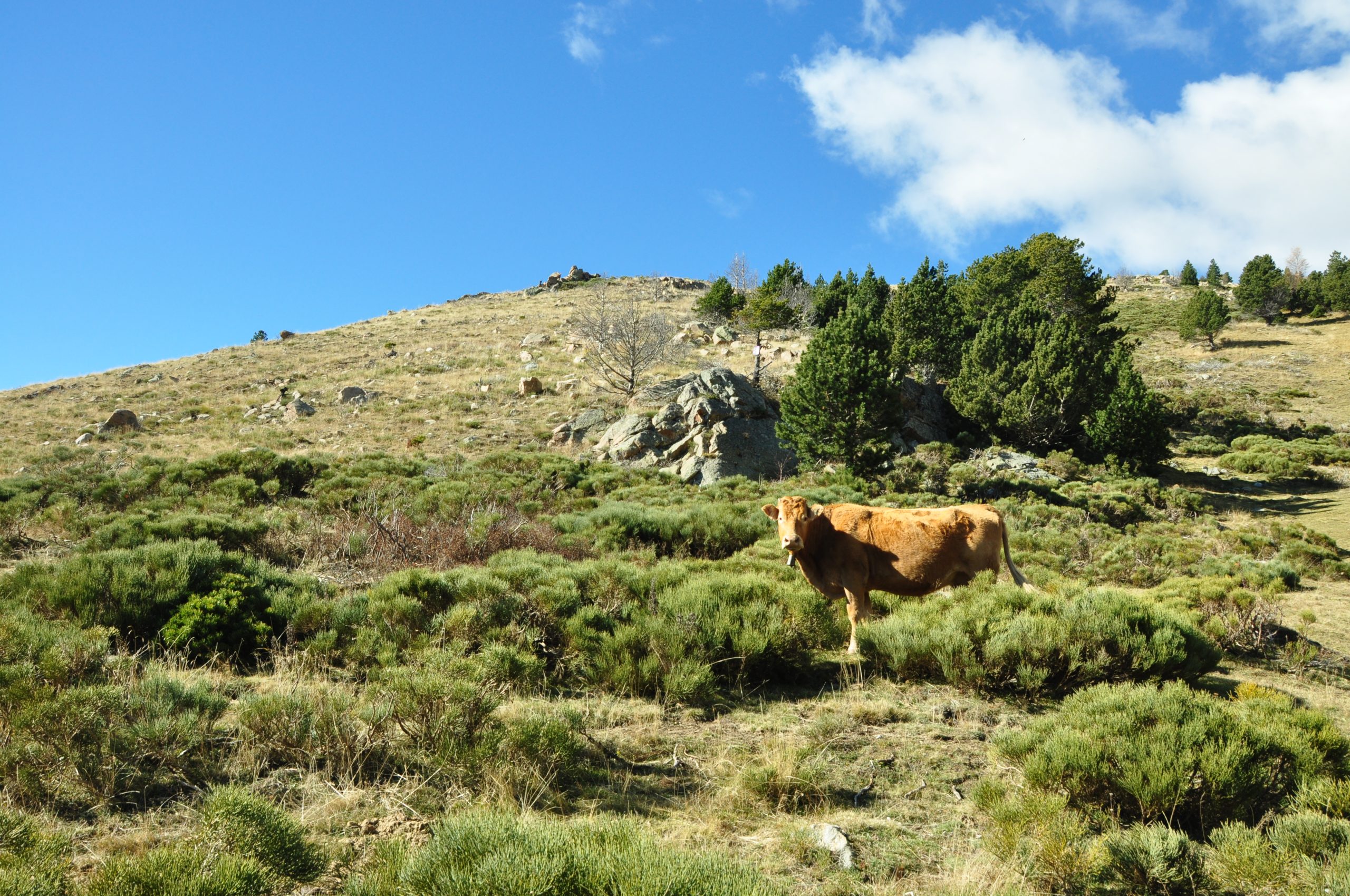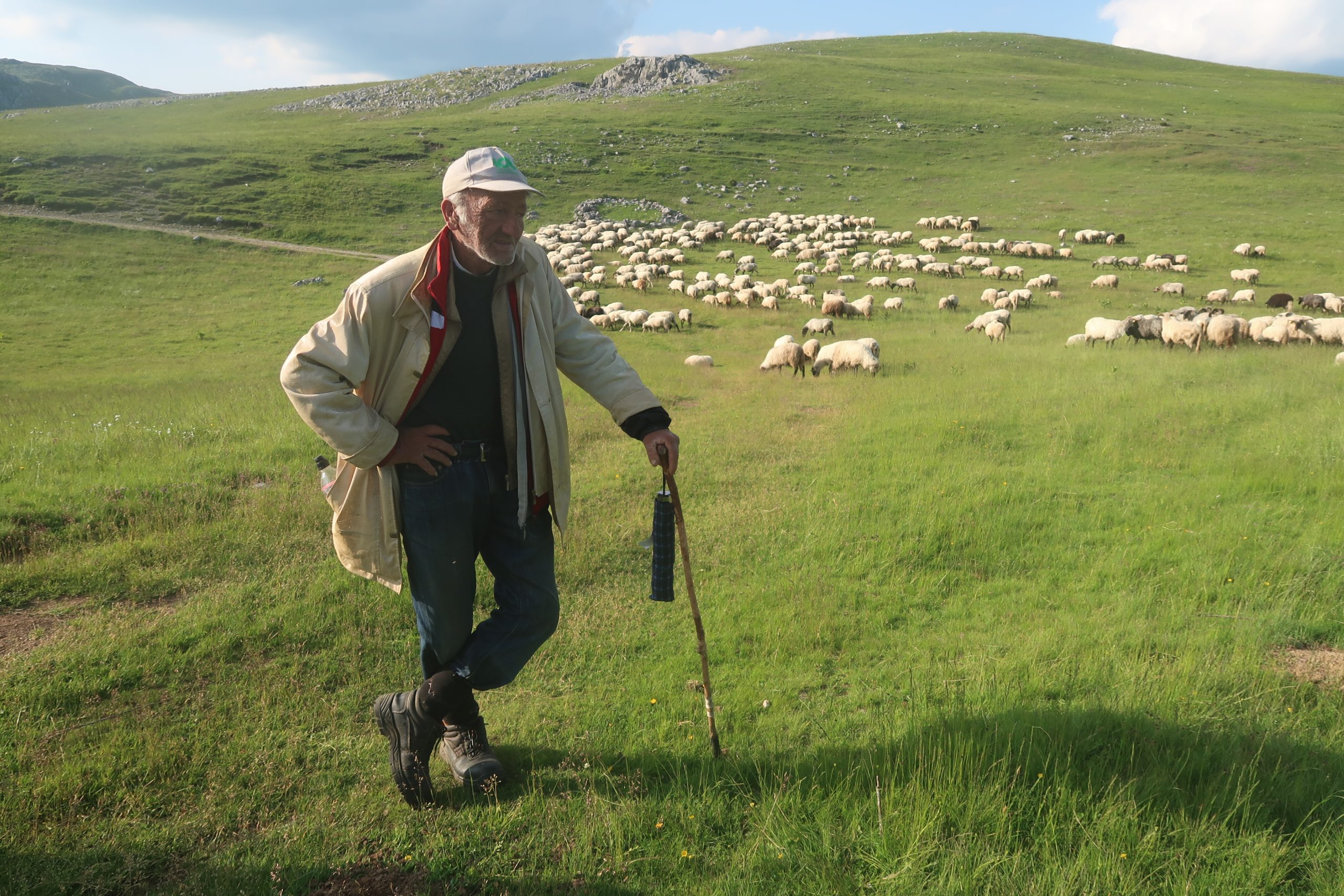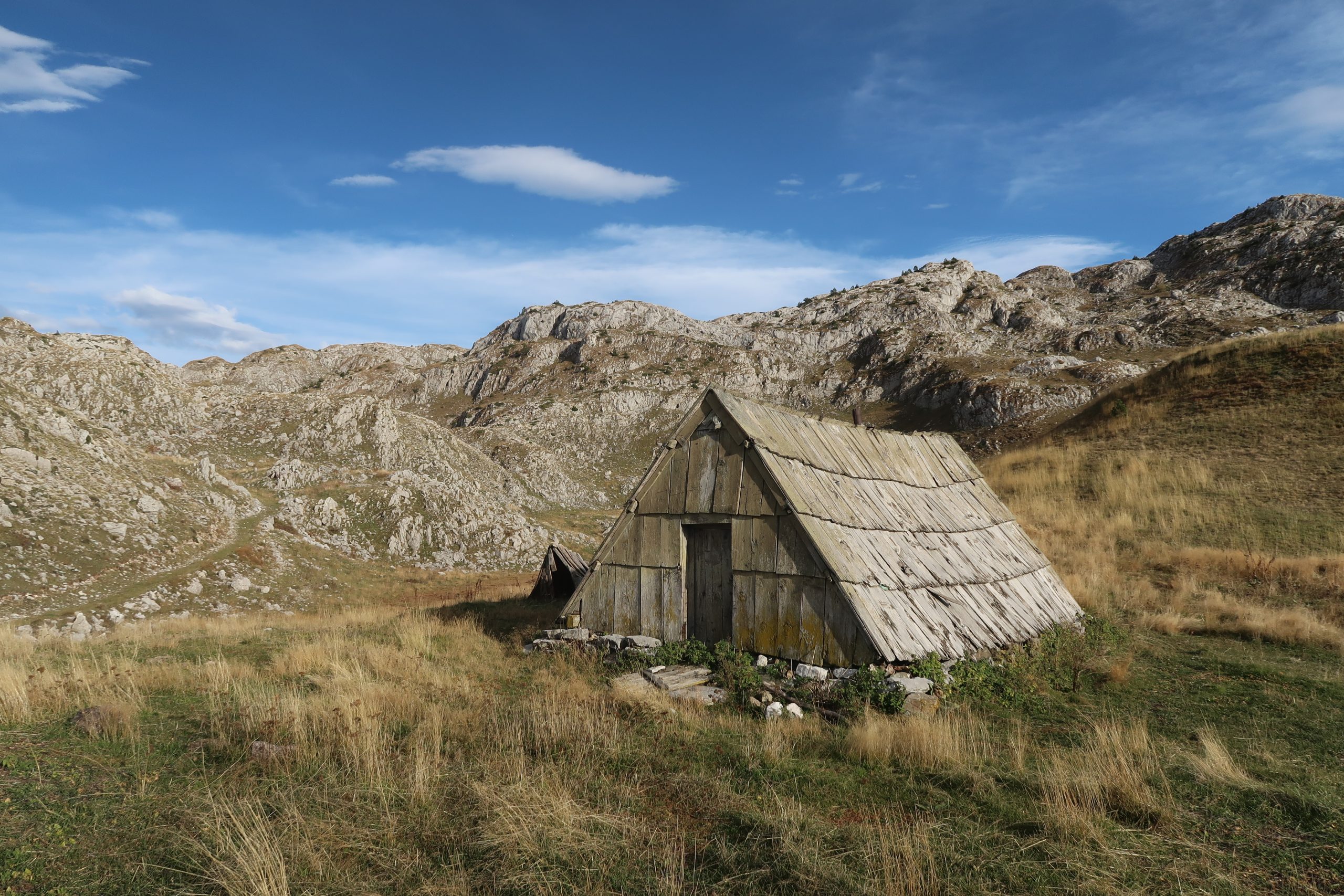Sustainable practices to protect and conserve upland landscapes and memories
IRIS: INSPIRING AND PROMOTING RURAL HERITAGE
Since 2020, the GEODE laboratory from the French National Council for Scientific Research (CNRS) and the University of Toulouse 2 (UT2J), the University of Genova (Italy), the University of Granada (Spain), the University of Durham (UK) and the University of Montenegro (UoM), among others, worked together in a research about Living Rural Heritage and Sustainable practices of mountain communities in Europe, focusing in study sites of 5 countries: France, Italy, Montenegro, Spain and United Kingdom. These territories have been relatively disadvantaged through time, since they have generally been far from the centers of power in their respective contexts. But they are today still alive and used. However all of them have a very reduced activity in comparison to the late 19th or early 20th centuries when the different sites were at their peak in terms of demography and the use of these landscapes.
As a result, the IRIS Project stands as an international collaborative project which supports the sustainable use and development of rural landscapes of upland territories, incorporating all four pillars of sustainability – cultural, social, economic and environmental.
These territories have been the cradles of cultures and economies which developed in balance with the nature they depended on during thousands of years. Many are still conserved today in spite of impending menaces such as depopulation, aging, abandonment of old sustainable practices, the loss of traditional skills, land-use change driven by detrimental planning decisions and global economic trends. However, they persist thanks to the endurance of local communities and benefit society at large through their culture, traditions and know-how, constituting a powerful tool for the future.
The IRIS Project mapped out some examples of such upland territories and aimed to advance their understanding, protection, use and promotion. The project researched and developed a ‘living rural heritage’ approach to conservation, promoting the concept of ‘protection through use’ of upland environments and adjacent rural areas. Through intensive and participatory research at a European level and knowledge exchange, IRIS:
- Demonstrates how knowledge of historical processes and land use practices can support the conservation and sustainable development of upland landscapes;
- Defines a ‘living rural heritage’ approach to conservation and best practices through which local stakeholders can embed their cultural values, local expertise and traditions;
- Supports collaboration among local institutions and communities, and effective and diverse participation in the observation, protection, sustainable development and use of upland landscapes;
- Provides local, national and European policy-makers with new tools that will enable them to take into account the historical dimension of rural places, and implement a ‘living rural heritage’ approach to decision-making;
- Creates a new research framework that advances knowledge of upland cultural heritage and its wider social and environmental values and benefits;
- Communicates and disseminates our research results at local, national, European and wider international levels.
In this blog you will find two living rural heritages examples of two countries – Enveitg in France and Sinjajevina in Montenegro –, the two case study sites in which the GEODE laboratory focused its work during the IRIS project, comparing and putting in dialogue the two diverse circumstances and types of living heritage.
As a result of the IRIS overall research (including other examples in Italy, Spain and the UK) unforgettable stories of synergy and resilience came out, which should be treasured by everyone. They were exposed in the exhibition whose link we provide below, and that has already been physically exposed in Montenegro and Italy in 2023.
Human stories behind and beyond the scenes of this blog and exhibition carry a message that can guide us through the necessary ecological and cultural transition which lies ahead of Humanity and in which scientific research is a key pillar.
